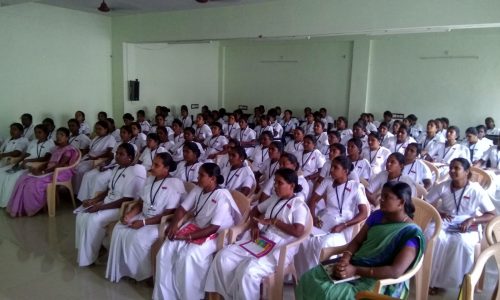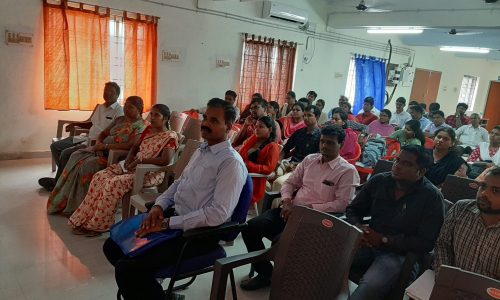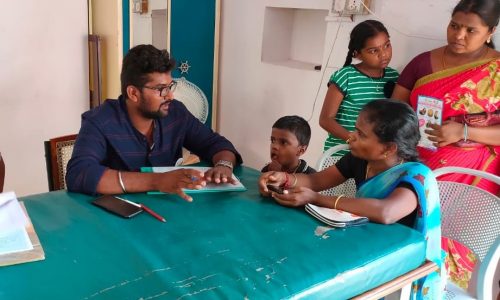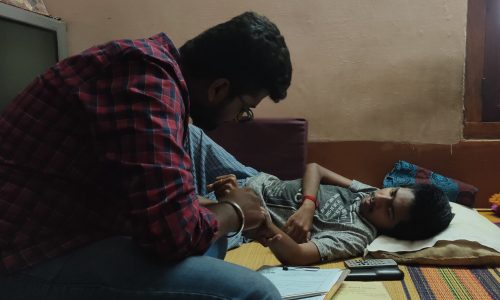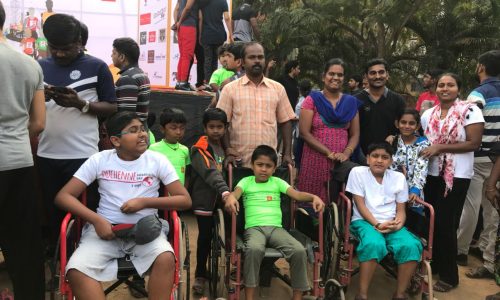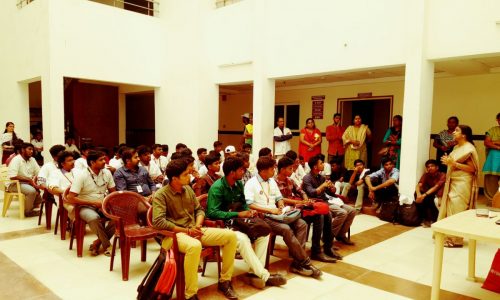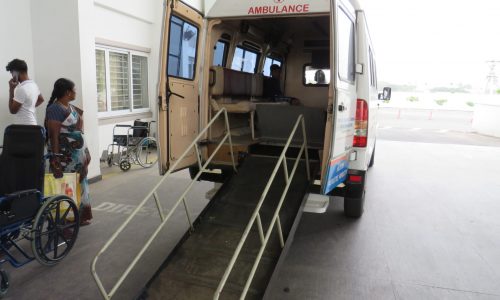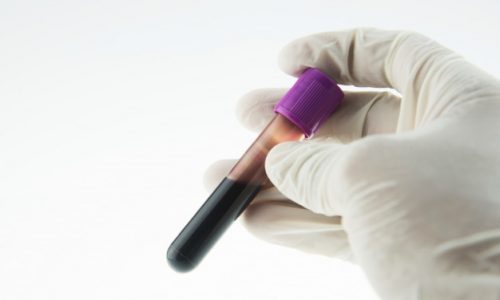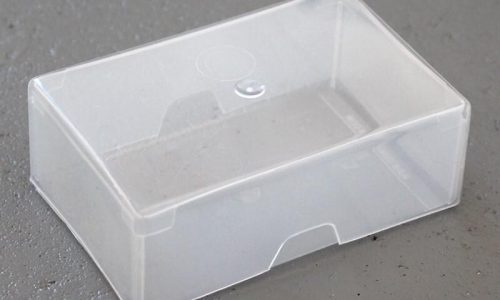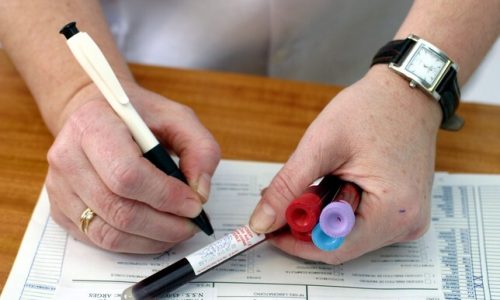Diagnostics
Genetic testing is the best way to confirm a diagnosis in a patient with signs or symptoms suggestive of a genetic disease. Genetic testing refers to analysis of the gene itself, and it identifies the specific disease causing mutation. Genetic testing can also predict a person’s risk of developing a disease. Genetic testing (using blood cells – noninvasive method) is the best way to obtain exact genetic information for a conclusive Duchenne diagnosis. The field of genetic testing is rapidly evolving, and there are several types of testing that provide accurate genetic diagnosis. Testing for dystrophin gene deletions with the use of DNA-based technology is now the preferred diagnostic test for Duchenne Muscular Dystrophy when clinical signs and symptoms suggest the diagnosis. A muscle biopsy is needed, only if the DNA-based test is negative. A negative test occurs in about 30 percent of patients with Duchenne muscular dystrophy because some mutations in the dystrophin gene are not detected by PCR (Polymerase Chain Reaction) & MLPA (Multiplex Ligation Probe Amplification) techniques.
We at MDCRC have been offering genetic diagnosis for the past 6 years. The most striking feature is that at MDCRC our procedures are purely non-invasive. All our methods/techniques are as per Best Practice Guidelines.
1. Patients will be sent to us for genetic diagnosis based on their clinical diagnosis for DMD referred by a clinician.
2. 3-5 ml of blood is collected aseptically (as per Standard Operating Procedures-SOP) using EDTA vacutainer (purple cap) and labeled with appropriate details.

Dr.Lakshmi @ Best Practise Guidelines Meet for DMD, Nov 2008
Deletions Involving One Or More Exons Of The DMD Gene
1. ~65% of males with DMD have deletions
2. Most deletions occur in two hotspots clustered around the first 20 exons and around exons 45 to 55.
3. Testing is done by PCR for 30 exons (as per SOP)
4. Turn-around time for reports will be within 2 to 3 weeks
Duplications Of One Or More Exons Of The DMD Gene
1. ~6% of males with DMD have a duplication
2. Testing is done by MLPA exons (as per SOP)
3. Turn-around time for reports will be 2 months.
Other Mutations In The DMD Gene
1. ~30% of males with DMD have other mutations including small deletions or insertions, single base changes, or splicing mutations
2. Analysis is available on a research basis only
Carrier Testing For DMD Gene Using Gene Dosage Method
1. ~30% of females are carriers as per Indian & global data
2. Testing is done by MLPA
3. Turn-around time for reports will be 27 days.

